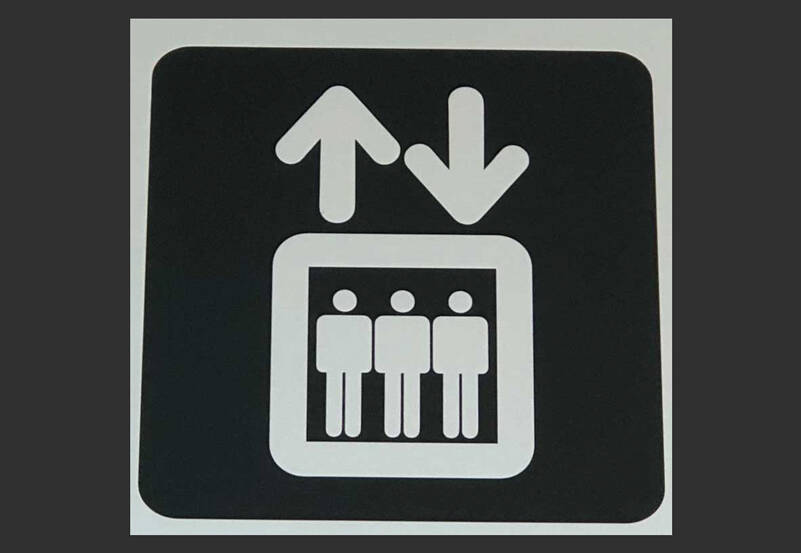By Morf Morford, Tacoma Daily Index
I taught college level English and writing for many years.
Among my many classes were composition, literature and English as a second language (though for many of my students English was their third or fourth language).
One principle that jumps out from such an experience is how odd our language is. Most linguists agree that English is (by far) the most difficult language to learn. Even native speakers struggle with spelling, pronouns and verb tenses.
Besides our arcane spelling rules that are true, ahem, most of the time, like the “i” before “e” rule (with exceptions like caffeine, leisure, seize, and weird, among many others) what we call categories of things is rooted in our language’s convoluted history.
In short, we steal words, expressions and spellings, from anyone. And anywhere.
And we’ve always done it. And we always will.
Some writers or speakers even make up a word if they can’t think of an existing word that works. When I listen to a conversation or a newscast, many times I can’t tell if the speaker made up a word or if it was just a word I misheard or had never encountered before.
The other day I heard someone on the radio describe Doordash drivers as “dashers”. I guess that makes sense, but I don’t know if it’s a “real” word. Whatever “real” might mean.
But consider what other collective (group) noun names might mean and where they might come from.
Cats
One of the collective nouns for cats is a “glaring of cats”.
The definition of glaring is “having a fixed look of hostility, fierceness, or anger” – which certainly fits most cats I have known – especially if you add a note of contempt and general annoyance.
A group of kittens, by the way, is known as a “litter” or a kindle.
Kindle means “to give birth to young”. It’s related to the word “kinder” as in “kindergarten”.
Nothing to do with e-readers.
Cue the walruses
You could call a group of walruses a ‘herd’ or a ‘pod’, but you could also say ‘huddle’. Walruses are most often found sunbathing on land or sea ice with hundreds of their companions.
Walruses are very sociable creatures and amass in their thousands for mating season.
These huddles (outside of mating season) are often segregated by gender – males have their own huddles and females have their own huddles.
Clams
A group of clams is known collectively as a “bed” of clams.
This collective noun might give an image of hundreds of clams cosily sleeping side-by-side.
Which is what they, and sand dollars, among other sea-creatures, do.
A “bed of” can also be used to describe a group of snakes, oysters or flowers.
Alligators
Oddly enough, a group of alligators is called a “congregation of alligators”.
I’m not sure I want to think about the similarities between alligator habitat and church, but it made sense to whoever came up with the term.
Family members
You could use “colony” or “family” to describe a group of beavers or raccoons.
If you ever see a group of butterflies, you could use the term “flutter” or “rabble”.
“Flutter” is obvious, but “rabble”?
If you are talking about camels (and who doesn’t?) you could use “caravan”, “herd” or “train”.
Spiders
You can describe your favorite group of spiders as a “cluster” or a “clutter”. For some reason “web” has not caught on.
Locusts
Some creatures are usually met individually.
Some are in masses. Like locusts.
A mass of locusts could be described as a “cloud”, a “swarm” or a “host”. Whatever you call them, make sure you are a safe distance away.
Meet the Sasquatchi
Encountering one sasquatch is rare enough, but if you happen to run into a group of them, you could call them a “herd”, a “horde” or a “rumble”.
“Herd” or “horde” gives the impression of a number. “Rumble” is more of an acoustic sense of impending doom.
In other words, “Herd” or “horde” could fit other creatures.
“Rumble” seems appropriate for that situation that you can’t describe – or might not be able to – if you can’t get away.
Herd
The term “herd” could be used for almost any creatures, from cows to guinea pigs to hippopotami to a few unruly family members.





